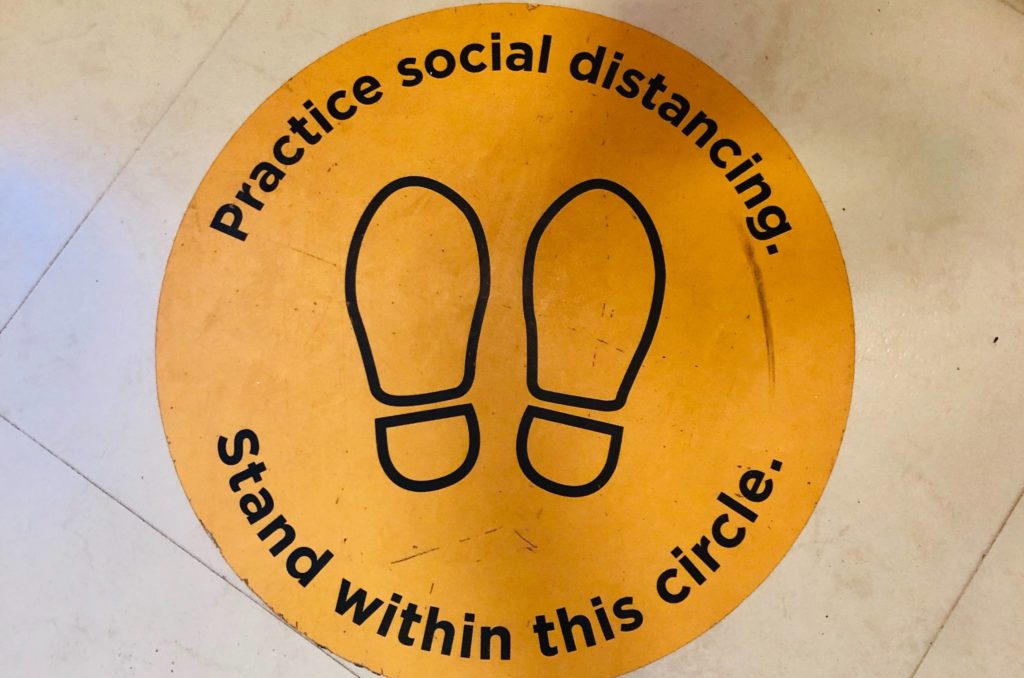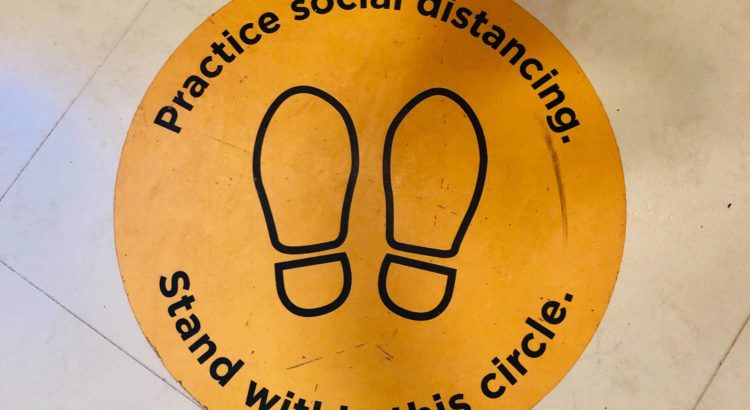
The BPS are yet to respond
On 6 January 2021, HART member Dr Gary Sidley (along with 46 other psychologists and therapists) wrote a letter to the British Psychological Society (BPS) expressing concerns about the ethics of deploying covert psychological ‘nudges’ as a means of gaining the public’s compliance with COVID-19 restrictions. The signatories to the letter were alarmed that — following the advice of behavioural scientists on the Scientific Pandemic Insights Group on Behaviours, a subgroup of SAGE — the government’s public health messaging had relied heavily on fear inflation, shaming and scapegoating to influence the behaviour of the British public. Although responses to date from the BPS have failed to address these concerns, the BPS pledged that they would consider the issues raised at their ethics committee meeting on 21 June. The BPS is the professional body responsible for overseeing the ethical practice of psychology in the UK, so their view on this important subject could be influential and, as such, is eagerly awaited.
HART believes that it is unacceptable for a civilised society to strategically inflict heightened emotional distress on its citizens as a means of inducing the behaviours that the government has, paternalistically, decided are the ‘right’ ones; in this instance, compliance with unprecedented and non-evidenced COVID-19 restrictions. In addition to being inherently unethical, such abuse of psychological techniques will have significantly contributed to the many thousands of excess non-COVID deaths that have occurred in people’s homes and inflated levels of fear discouraging many from seeking medical help for non-COVID illnesses. Even now, when all vulnerable groups have been vaccinated, the majority of the population remain anxious about returning to a normal way of life.
Obtaining a recipient’s permission prior to a medical or psychological intervention is a long-established cornerstone of ethical clinical practice. Dr David Halpern – a leading behavioural scientist and current SAGE member — as a co-author of the 2010 document MINDSPACE — recognised the significant ethical dilemmas arising from the use of influencing strategies that impact subconsciously on their targets: ‘policymakers wishing to use these tools … need the approval of the public to do so’ (p74). Yet no attempt has been made to gain the public’s permission to use these covert methods. Instead, covert psychological techniques are being widely deployed to ‘nudge’ people into mindless acceptance of the COVID-19 vaccines.
Adherence to ethical principles is always important, perhaps more so during challenging times. It is clear that, throughout the COVID-19 crisis, covert psychological strategies have been applied with total disregard of these cherished moral values. While significant damage has likely already been inflicted on our communities, the BPS now has an opportunity to acknowledge this unethical use of psychology and provide explicit guidance on the use of these powerful techniques so as to ensure this malpractice does not happen again. Let’s hope they rise to the challenge.

